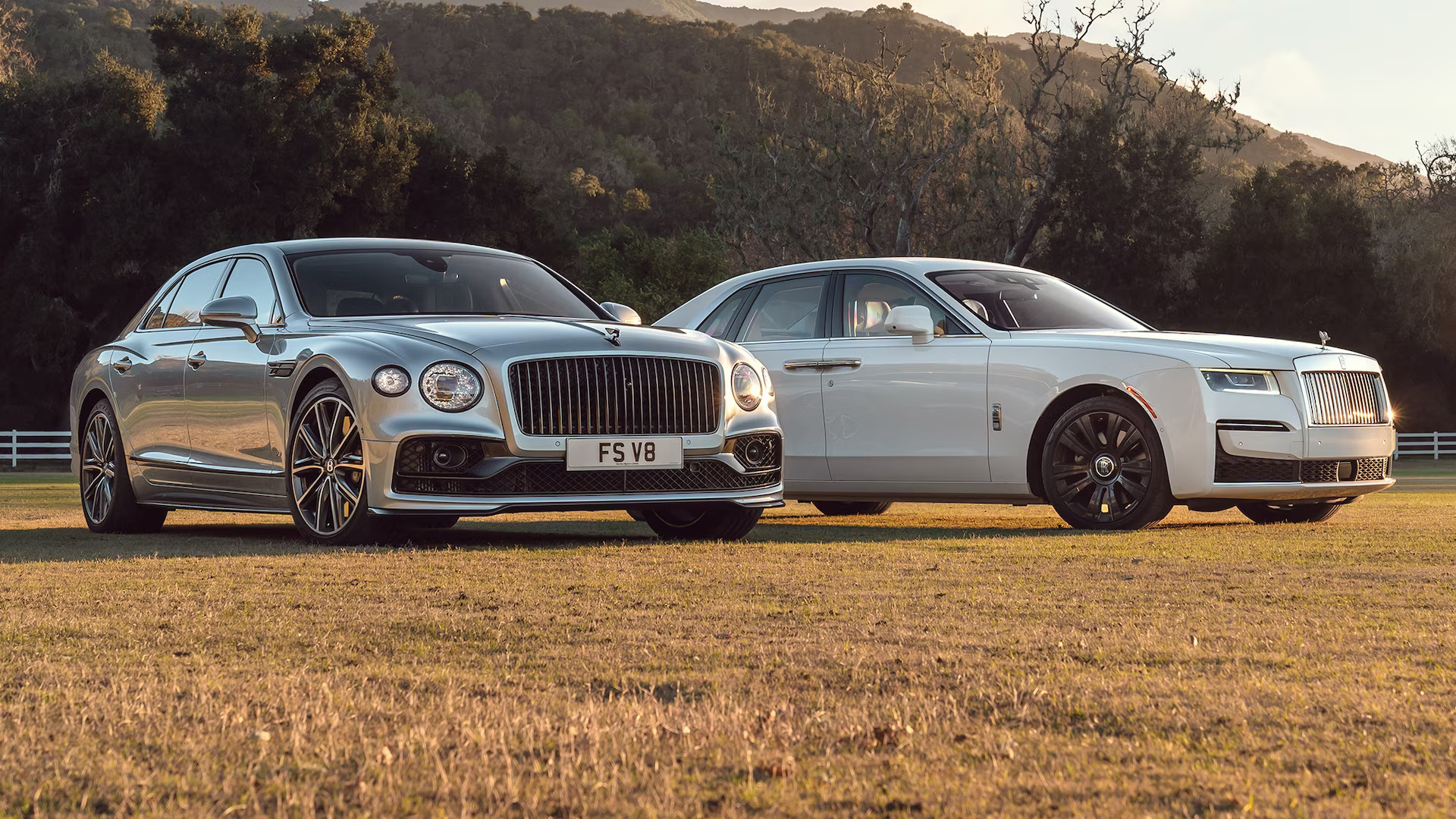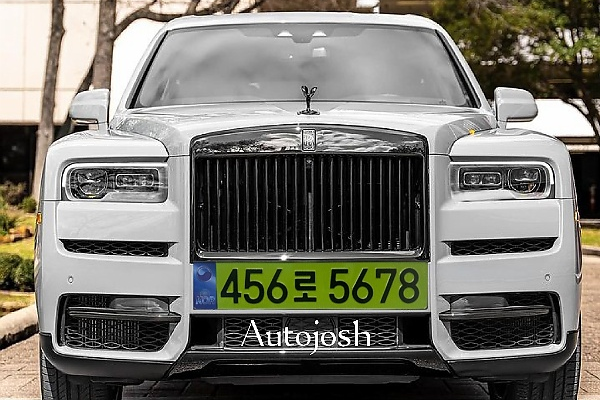The luxury car market in Korea experienced a significant downturn in the first quarter of 2024, primarily due to the implementation of lime green license plates for company vehicles valued at over $57,800. This measure, introduced by the Ministry of Land, Infrastructure and Transport at the start of the year, aimed to curb tax evasion among business owners who were using supercars as company vehicles.
The sales of prestigious brands like Bentley, Rolls-Royce, and Lamborghini saw a sharp decline following the mandate on green license plates for high-value company cars. According to data from the Korea Automobile Importers & Distributors Association (KAIDA), the number of newly registered imported luxury vehicles plummeted by 31.4 percent in March compared to the previous year.
KAIDA’s data highlights the significant sales drop experienced by top-tier car manufacturers in Korea, with Bentley’s registrations plummeting by 77.4 percent in the first quarter of 2024 due to the introduction of the green plate rule. Rolls-Royce, Porsche, and Lamborghini also reported notable declines in sales, ranging from 22.2 percent to 35.2 percent, attributed to the new regulation targeting luxury company vehicles.

An official from a luxury carmaker conveyed that vehicles with green plates often carry a negative connotation associated with rental or lease cars, leading to a reluctance among customers and business owners to opt for them. This sentiment could potentially weaken the overall demand for luxury fleet vehicles, affecting the market dynamics further.
The implementation of the green plate regulation resulted in a shift in the composition of newly registered imported cars, with the proportion of company cars dropping below 30 percent for the first time, compared to almost 40 percent the previous year. This decline is indicative of the changing landscape in the luxury car market in response to regulatory interventions and economic conditions.
Industry insiders express concerns about the regulatory impact exacerbating the already declining sales performance of supercar makers in Korea. With no immediate signs of an economic rebound, coupled with the negative sentiment surrounding green-plated vehicles, the demand for pricey vehicles is expected to continue its downward trend, posing challenges for luxury car manufacturers operating in the Korean market.

